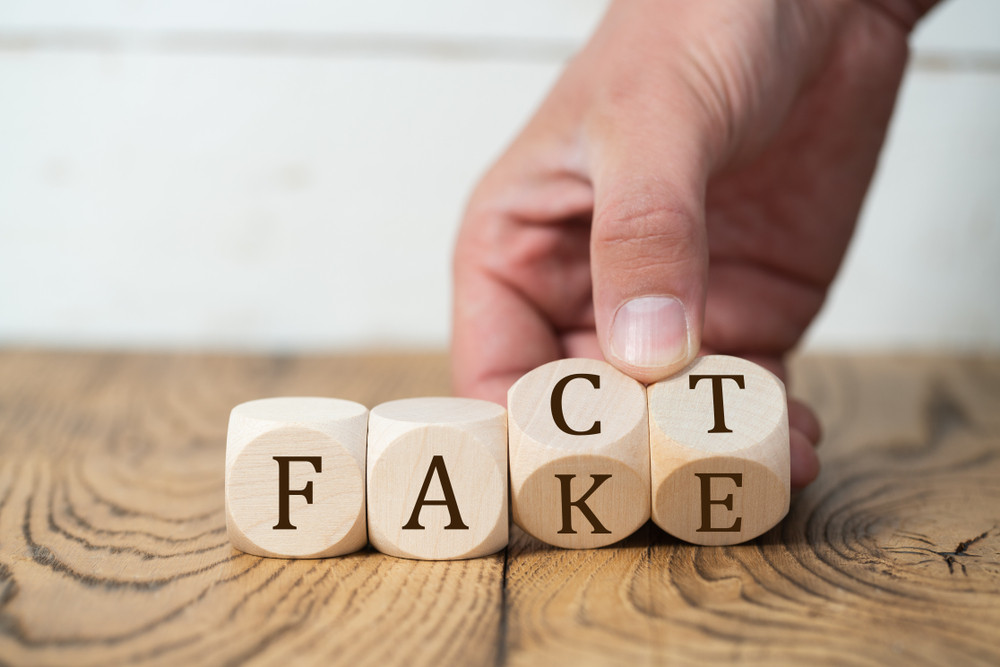Popular Reads
Top Results
Can't find what you're looking for?
View all search resultsPopular Reads
Top Results
Can't find what you're looking for?
View all search resultsHow brain receives fake news subject of focus at Big Question Forum
As the 2019 presidential election saw the wide distribution of fake news, Indonesians had a tough time differentiating fact from fiction. A forum called Inovator 4.0 Indonesia addressed this issue.
Change text size
Gift Premium Articles
to Anyone
I
nformation is easily accessible in the digital age. Unfortunately, not all information available online is factual and, as a result, people are susceptible to believing fake news.
As the 2019 presidential election saw the wide distribution of fake news, Indonesians had a tough time differentiating fact from fiction.
Budiman Sudjatmiko, founder of Inovator 4.0 Indonesia, a group that gathers individuals from different backgrounds to assess the country based on data, said fake news fortunately did not “win” the election.
Although the election has ended, Budiman said fake news had continued to spread.
With that in mind, Inovator 4.0 Indonesia analyzed how the brain receives fake news in the Big Question Forum, the group's first forum.
sesi 2 @inovator4id terpantau ada @budimandjatmiko @ryuhasan pic.twitter.com/cUqez9bncm
— madev (@mario_devan) June 16, 2019
Titled “Membangun Manusia Indonesia Kebal Semburan Dusta” (Making Indonesians Insusceptible to Hoaxes), it discussed genopolitics, the study of the genetic basis of political behavior and attitudes, as well as the connection between politics and neuroscience.
Muhammad Hanifi, a doctoral candidate of genetic engineering at the University of Oxford, said misinformation was one of the biggest challenges to democracy.
“Misinformation has been around for years, but people have just realized it is involved in politics,” he said during the event.
Hanifi said there was little evidence to support the connection between genomes and political choices.
Read also: The war on hoaxes
As such, he came to the forum with a question: What makes some people susceptible to fake news?
Hanifi said confirmation bias led people to trust fake news.
“We unknowingly filter the information. We easily accept information that [reflects] our beliefs and reject information that is different from [our] ideology,” he said.
He said people made the assumption that this mind-set was linked with one's educational background. “The opposite is true,” said Hanifi, saying that some scholars, such as Nobel Prize-winning molecular biologist James Watson, also shared information that lacked scientific evidence.
That being said, Hanifi said each person had a preconceived notion that shaped their point of view.
Meanwhile, Ryu Hasan, a neuroscientist of the Tokyo University Hospital, stressed the importance of emotional intelligence in differentiating right from wrong.
He said emotional intelligence influenced decision-making, including in politics.
“We have the tendency to choose the information that we like, not based on what’s right or wrong,” he said.
To stop the spread of misinformation, he said emotional intelligence needed to be trained.
"We need to educate people, starting from the beginning, [by telling them] that hoaxes are not healthy. [This information will be stored] in our brain and become a part of our culture," said Ryu. (kes)











